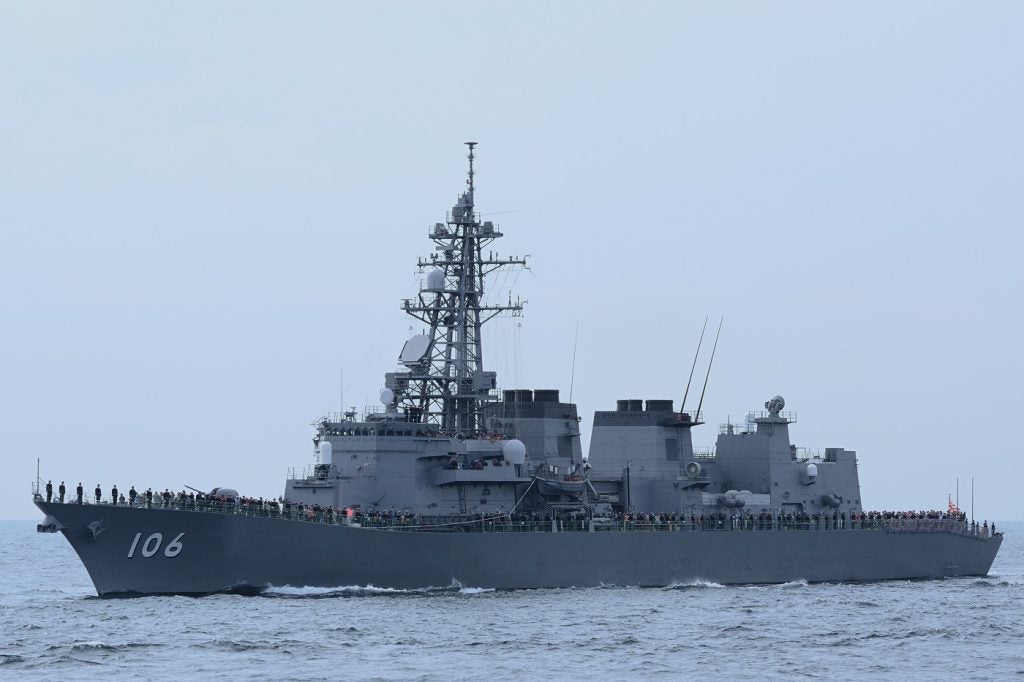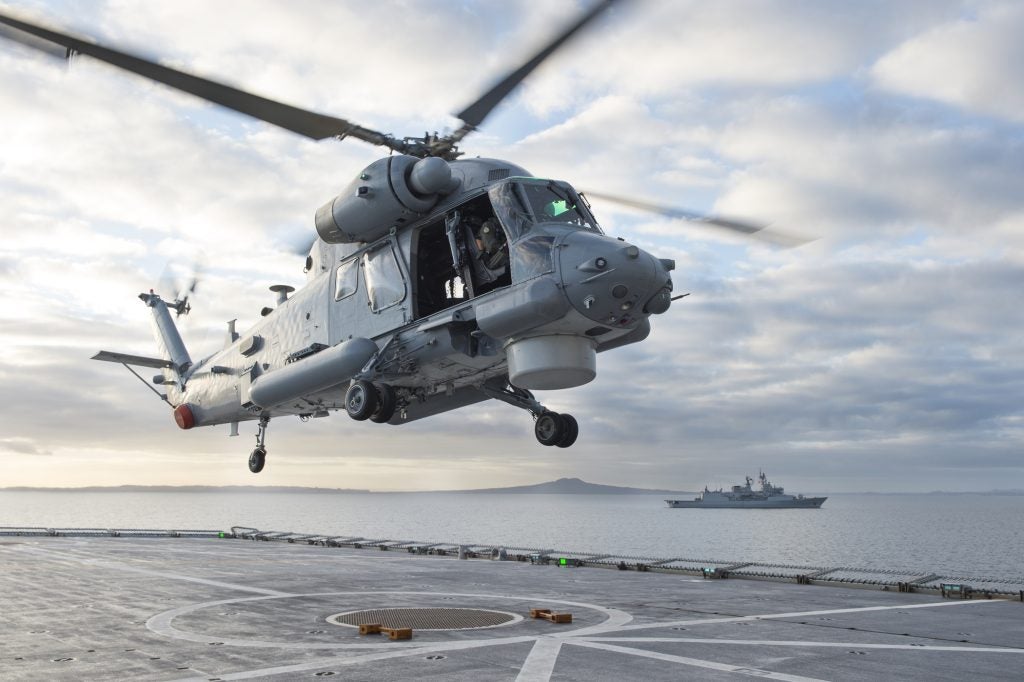In a demonstration of commitment to fostering regional cooperation and advancing a "Free and Open Indo-Pacific," the Indo-Pacific Deployment 2023 unit, under the Maritime Staff Office for Japan, recently concluded a successful goodwill exercise with the Sri Lanka Navy.
Japan's proactive defence approach includes reinforcing strategic alliances and collaborations with key partners in the Indo-Pacific region.
Defence ministers of Japan, the United States, Australia and the Philippines agreed to step up security cooperation to promote a free and open Indo-Pacific amid China's growing maritime assertiveness, according to GlobalData's "Japan Defense Market 2023-2028" report.
Japan's objectives aligned with progress
The goodwill exercise on 29 July marked a stride towards achieving two crucial objectives. Firstly, it aimed to enhance the tactical capabilities of the Japan Maritime Self-Defense Force, solidifying its strength in maritime operations.
Secondly, the exercise was a testament to the friendship and mutual understanding fostered between the Japan Maritime Self-Defense Force and the Sri Lanka Navy.
According to GlobalData's report "Sri Lankan Defense Market - Attractiveness, Competitive Landscape and Forecasts to 2024", Japan and Sri Lanka are strengthening their bilateral cooperation regarding maritime security to fight against piracy and other concerns, along with efforts to establish an Economic Partnership Agreement (EPA).
Cooperation at sea - off Colombo
The exercise, conducted off the coast of Colombo, witnessed the collaboration of two naval units. Representing the Japan Maritime Self-Defense Force was the JS Samidare (IPD23 First Surface Unit), while the Sri Lankan Navy's Gajabahu represented the Sri Lanka Navy.
The exercise encompassed a range of activities, including tactical manoeuvring exercises and a photographic exercise, among others.
A diplomatic voyage
The JS Samidare, as part of its engagement with Sri Lanka, embarked on a port visit to Colombo, Democratic Socialist Republic of Sri Lanka, from July 20 to 29. During this time, the vessel underwent a thorough hull inspection and maintenance at the Colombo Dockyard, underscoring the commitment to maritime operational readiness.
The culmination of this collaborative endeavour was punctuated by the sight of JS Samidare and SLNS Gajabahu standing side by side, showing cooperation. The exercise served as a testament to the shared goals of enhancing tactical acumen while nurturing mutual camaraderie.
In the weeks prior, South Korea, the US, & Japan also conducted joint naval missile defence drills to address regional security challenges.
As the maritime landscape continues to evolve, such exercises reaffirm nations' determination to stand shoulder to shoulder, reinforcing the pillars of co-operation and security.











